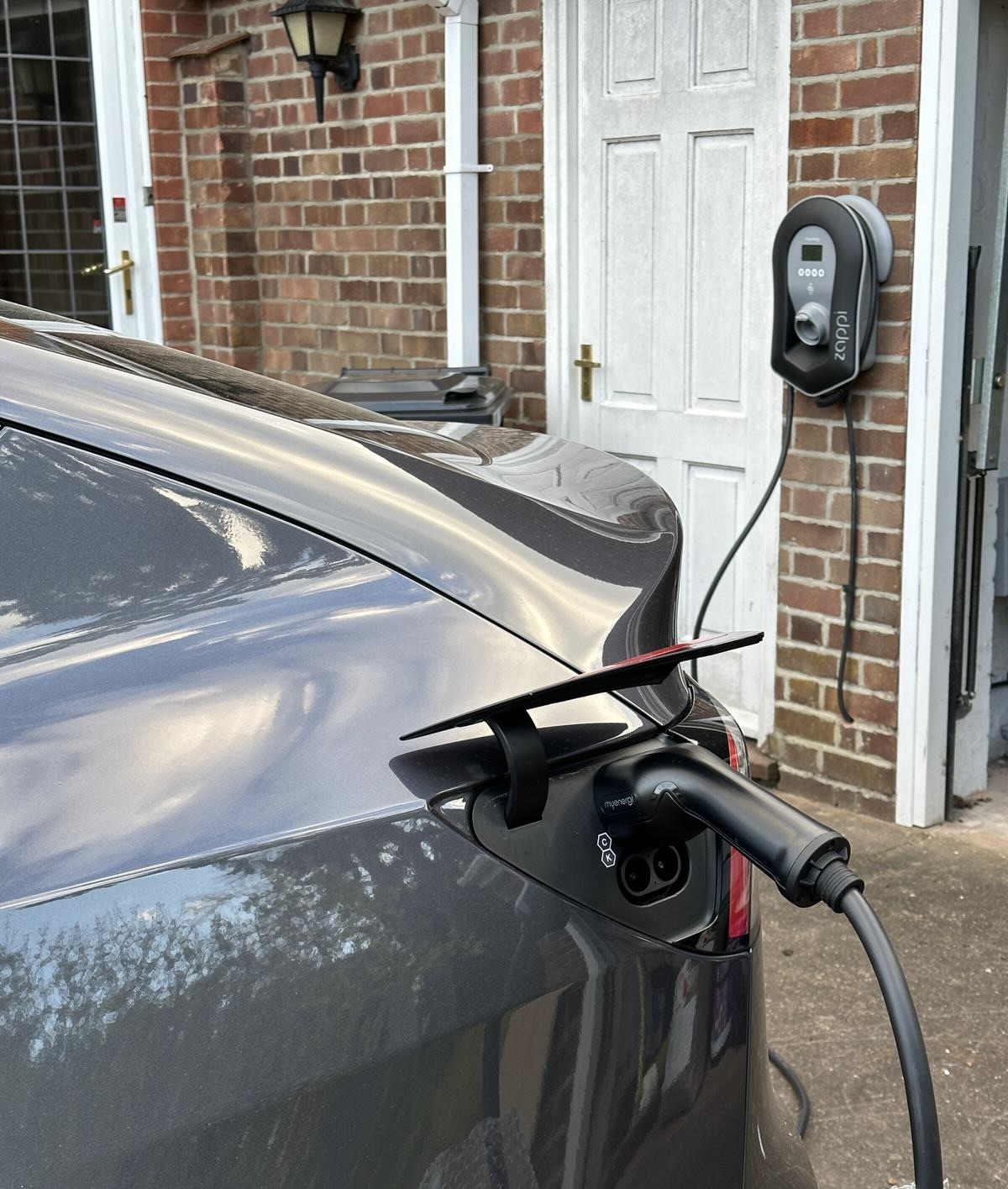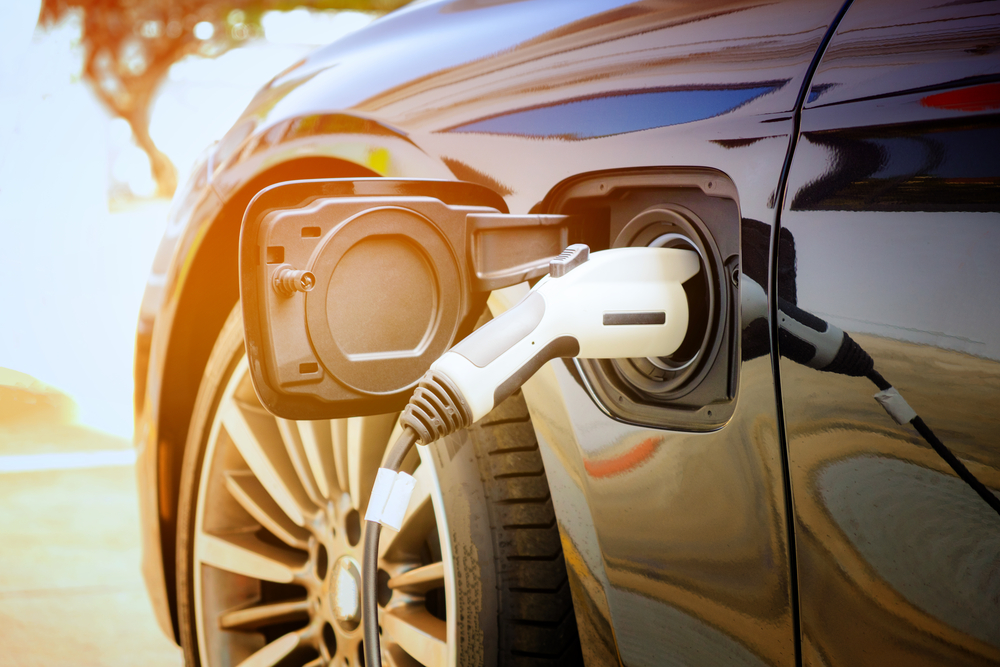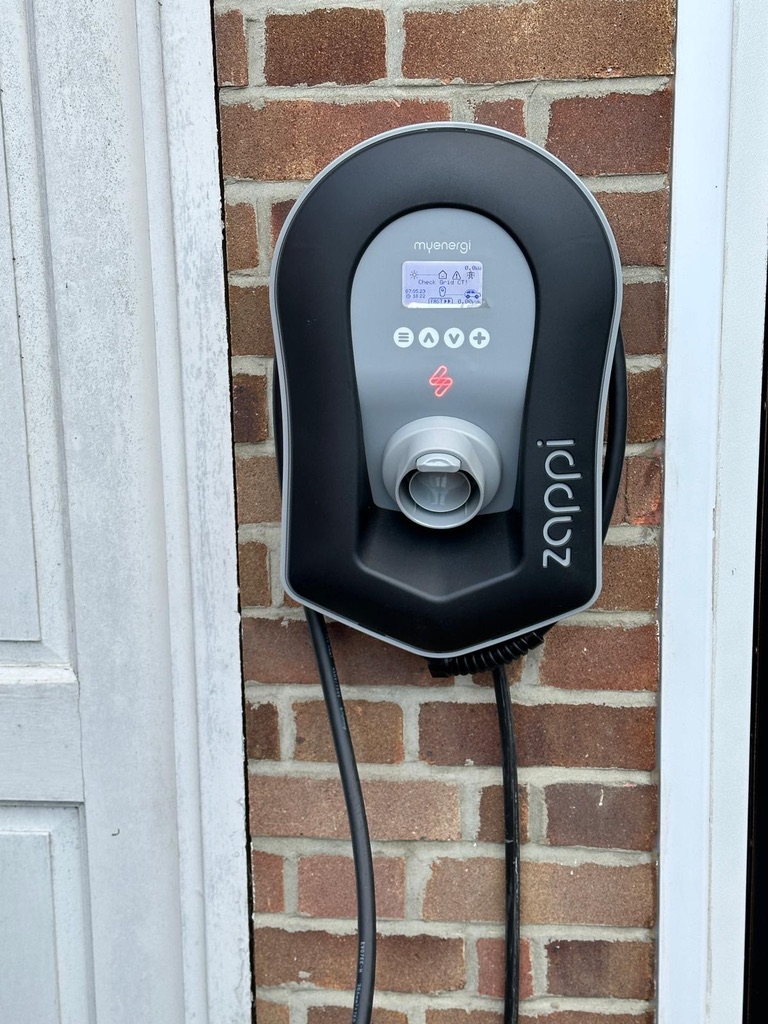ELECTRIC VEHICLE (EV) CHARGING
We empower the future of transportation through cutting-edge electric vehicle (EV) charging solutions, making the switch to sustainable mobility seamless and convenient.
ELECTRIC VEHICLES (EVs)
An electric vehicle (EV) is a type of vehicle that is powered by electricity stored in onboard batteries. Unlike traditional internal combustion engine (ICE) vehicles that rely on gasoline or diesel to generate power, EVs use electric motors to propel the vehicle. They offer a more environmentally friendly alternative to traditional vehicles.
Battery Electric Vehicles (BEVs): BEVs are fully electric vehicles that run solely on electricity stored in onboard batteries. They have no internal combustion engine and produce zero tailpipe emissions. BEVs are charged by plugging into an electric power source, such as a charging station or a home outlet.
Plug-in Hybrid Electric Vehicles (PHEVs): PHEVs combine an internal combustion engine with an electric motor and a battery. They can run on electricity stored in the battery for shorter distances. The internal combustion engine kicks in when the battery is depleted. PHEVs can be plugged in to charge, but they also have the flexibility to use gasoline or diesel as a backup.

Benefits of Electric Vehicles
Environmental Benefits
EVs produce no tailpipe emissions, reducing air pollution and greenhouse gas emissions. They contribute to cleaner air and help combat climate change.
Long-Term Savings
The initial purchase cost of an EV may be higher than that of a comparable ICE vehicle. However, the savings over time from lower fuel and maintenance costs can offset this difference.
Future-Proofing
Governments worldwide tighten emissions regulations. Having an EV can help future-proof your vehicle against potential restrictions.
Lower Operating Costs
EVs have lower operating and maintenance costs compared to traditional cars. Electricity is generally cheaper than gasoline or diesel. EVs have fewer moving parts, leading to reduced maintenance needs.
Government Incentives
The UK government offers various financial incentives to encourage the adoption of EVs. These incentives can include grants, tax credits, reduced road taxes, and exemptions from congestion charges.
Driving experience
Electric motors provide instant torque, resulting in smooth and quiet acceleration. This can lead to a more enjoyable driving experience.
ELECTRIC VEHICLE CHARGERS
An electric vehicle (EV) charger is a device that is used to supply electric power to recharge the battery of an electric vehicle. Just like you need to refuel a conventional gasoline-powered car at a gas station, an electric vehicle needs to be charged to replenish its battery’s energy. The choice of EV charger depends on factors such as the EV model, charging speed requirements, available infrastructure, and user preferences.


TYPES OF EV CHARGERS
Level 1 Charger: This charger uses a standard household 120-volt outlet to provide a slow charging rate. It’s typically the slowest option and is suitable for overnight charging at home. Level 1 chargers come with most electric vehicles and do not require special installation.
Level 2 Charger: A Level 2 charger operates on a 240-volt circuit, providing faster charging compared to Level 1. It’s commonly used for both residential and public charging and is capable of charging an EV in a matter of hours. Level 2 chargers require a dedicated circuit and often need professional installation.
DC Fast Charger (Level 3 Charger): DC fast chargers provide rapid charging by delivering direct current (DC) to the vehicle’s battery. You can find them in public charging stations along highways or busy routes. DC fast chargers can charge an EV to a significant level in a short period, making them convenient for long-distance travel.
EV CHARGERS INSTALLATION
As energy expenses continue to rise and public charging station fees escalate, the logic of charging your EV at home without cost becomes compelling. An average residential solar photovoltaic (PV) setup can generate ample energy not only to supply your household but also to charge your electric car.
When it comes to EV charger installation, it’s important to work with a professional electrician who is knowledgeable about EV charging and can ensure that your charger is installed safely and correctly. Our company offers EV charger installation services for both residential and commercial properties. Our team of licensed electricians will work with you to determine the best location for your EV charger and ensure that it’s installed to meet all safety and code requirements.

